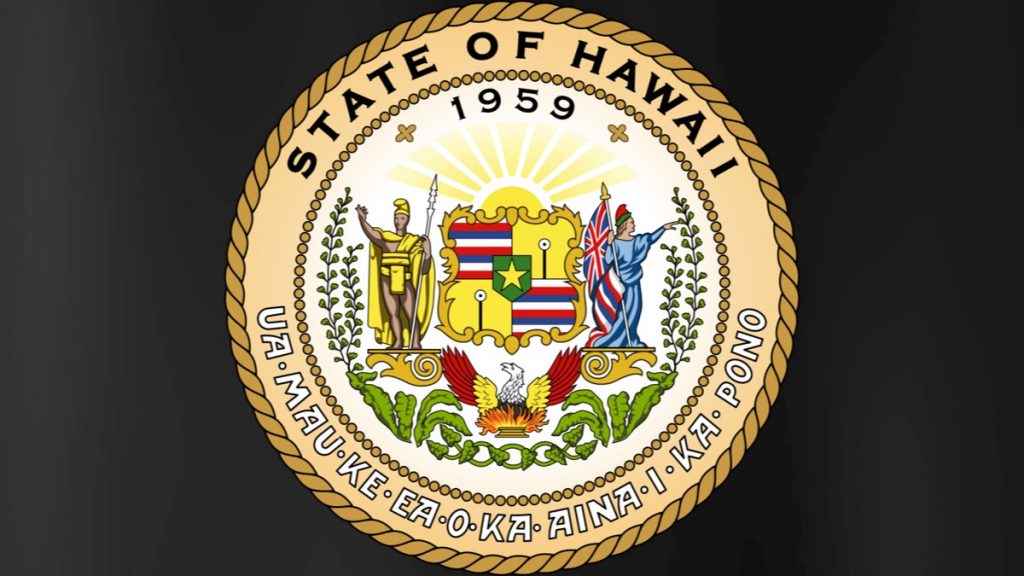Hawai‘i lawmakers pass two energy efficiency policies
Hawai‘i lawmakers passed two energy efficiency policies last week, supporting Hawai‘i’s goal to achieve a 100% clean energy and carbon-free future.
“Energy efficiency measures will play a foundational role in helping Hawai‘i achieve its carbon reduction goals, as the cleanest and cheapest energy is the energy we don’t use,” said Melissa Miyashiro, executive director at Blue Planet Foundation, a a Honolulu-based nonprofit dedicated to curbing carbon emissions and climate change.
Among the measures that passed last week is HB 192, introduced by Rep. Nicole Lowen, which transitions the state from selling fluorescent light bulbs to more efficient Light-Emitting Diode (LED) bulbs beginning in January 2025.
LED bulbs don’t contain toxic mercury, use half the amount of electricity, and last two to three times longer than fluorescent bulbs, resulting in life-cycle cost savings for both residential customers and the commercial sector. In passing HB 192, Hawai‘i joins Vermont and California in states that have adopted similar “clean lighting standards” to phase out the sale of fluorescent bulbs.
“The passage of HB 192 demonstrates the legislature’s commitment to address Hawaii’s high electricity costs as we continue to lead the nation on climate change action,” said Rep. Lowen, chair of the House Committee on Energy and Environmental Protection and introducer of the bill.
“Estimates show that this measure will cumulatively save Hawaii taxpayers nearly $450 million in electric bills by 2050, eliminate over 750,000 metric tons of carbon emissions, and keep mercury, a hazardous waste, out of landfills, the air, and the environment. With this bill, Hawaii is lighting its way to a clean energy future,” Rep. Lowen continued.
Another bill passed is SB 691, introduced by Sen. Jarrett Keohokalole, which sets a minimum level of energy and water efficiency for certain household appliances sold in the state.
While large appliances like refrigerators, washers, and dryers are regulated by national standards, states can adopt efficiency standards for appliances that are not regulated by the federal government. In doing so, states decrease energy and water use, save consumers and businesses money, and reduce greenhouse gas emissions and other pollutants.
In 2019, Hawaii established appliance efficiency standards for five products including computers, fluorescent lamps, showerheads, faucets, and spray sprinklers. In passing SB 691, Hawaii strengthens and expands this list to an additional five appliances — toilets, urinals, water coolers, portable hot tubs, and residential ventilating fans — that need to meet efficiency standards beginning January 2025.
“Home appliance efficiency standards are a surefire path to cutting energy and water waste while ensuring quality and affordability of the products we use in our homes every day,” said Caroline Carl, executive director of Hawaii Energy, which is the administrator of the state’s energy efficiency program under the direction of the Public Utilities Commission. “With the high cost of energy in Hawaii, residents will start seeing savings very quickly.”




